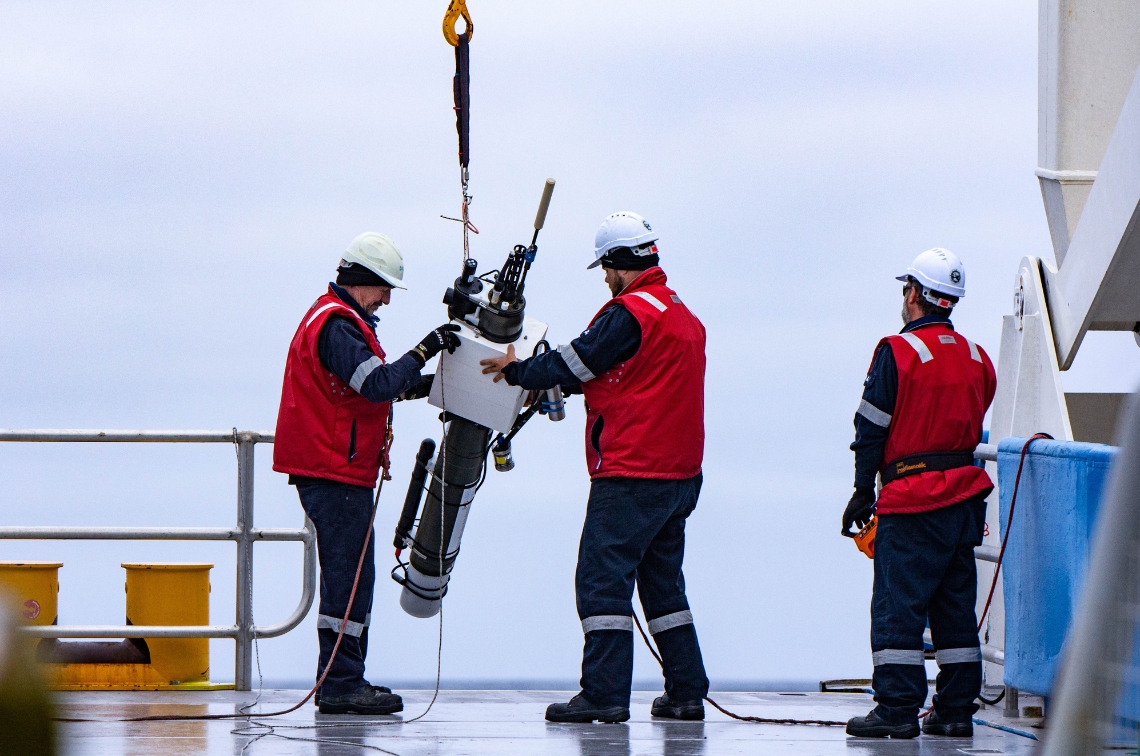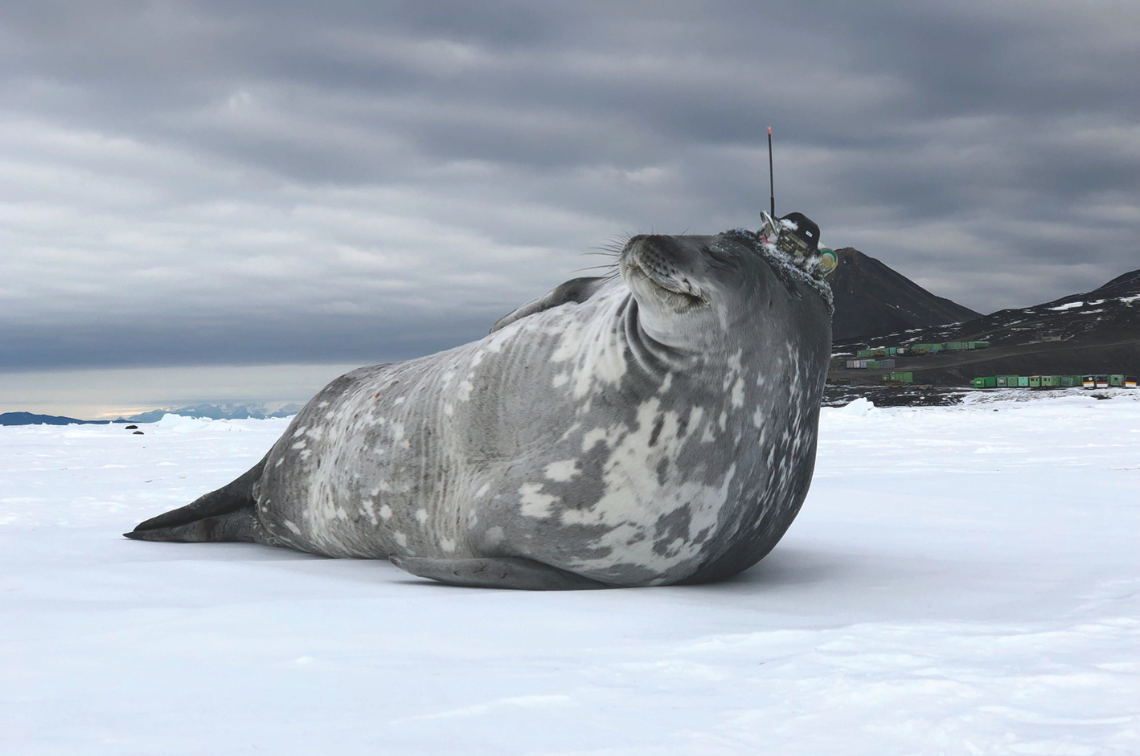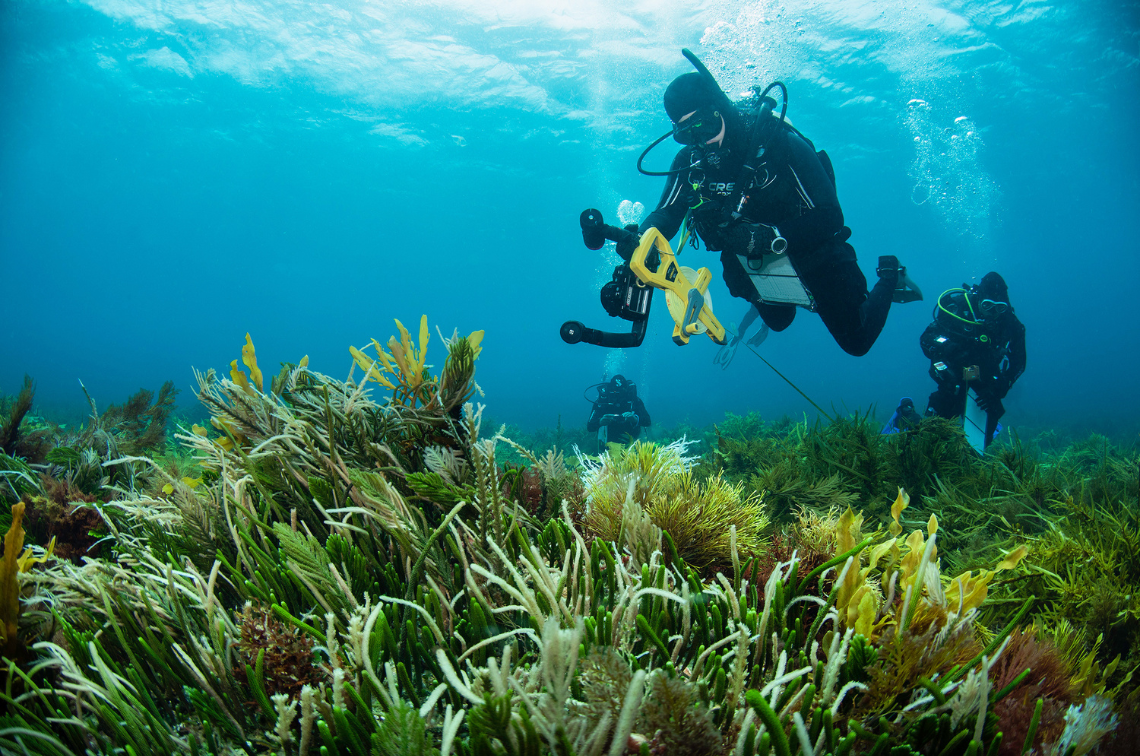Australia is fortunate to have world-class marine research facilities and institutions. Marine environmental research data in Australia is comparatively well-managed in part due to sustained investment by the Australian Government in systemic marine observing infrastructure, open data access and applied environmental research programs focused on the marine environment.
However, the 2020 Independent Review of the Environment Protection and Biodiversity Conservation Act 1999 (the Samuel Review) highlighted that decision-makers and the community do not always have access to the best available data, information and science. This shortfall can lead to inefficiencies, increased cost for business, sub-optimal decision-making, and reduced transparency for the public. Currently, a vital missing step is the routine conversion of well-managed marine research data into assessment-ready marine environmental data and products.
The aim of this project is to address the ‘assessment-ready’ marine data gap. It will do this by (a) identifying priority datasets and (b) building the additional information infrastructure required to (c) routinely deliver marine environmental data and products that are assessment-ready, in line with the Australian Government’s Nature Positive Plan.
Approach
This project will:
- Consult with research users to identify priority data sets, such as data on seagrass, seabirds and shorebirds, marine mammals and others, specially from IMOS/AODN data catalogue.
- Conduct analysis to make marine research data sets ‘assessment ready’.
- Develop the infrastructure to routinely deliver the latest marine environmental data to the relevant end users, with continued support beyond this project.
Expected outcomes
- Improved reporting and environmental assessments based on the best available marine research data
- Project outputs will contribute to the national environmental data supply chain, which will be used for state of the environment reports, preparation of environmental economic accounts, environmental approval processes, and tracking of environmental trends and outcomes.
IMOS is enabled by the National Collaborative Research Infrastructure Strategy (NCRIS).
Project location
Project leader
Research partners
Integrated Marine Observing System
Research users
Land and sea rangers
Department of Climate Change, Energy, the Environment and Water
Marine research community
Other – Project 5.1 – Project 5.2 – Project 5.4 – Project 5.5 – Project 5.6 – Project 5.7 – Project 5.9 – Project 5.10
Marine and Coastal Hub Research Showcase 2025 presentations
Marine and Coastal Hub Research Showcase 2025 presentations. National Environmental Science Program.
Fact sheet – Project 5.9
Project 5.9 Information sheet
NESP Marine and Coastal Hub (2025). Making marine environmental data more assessment-ready Information sheet. Project 5.9 Information sheet. Reef and Rainforest Research Centre, Cairns, Queensland.



